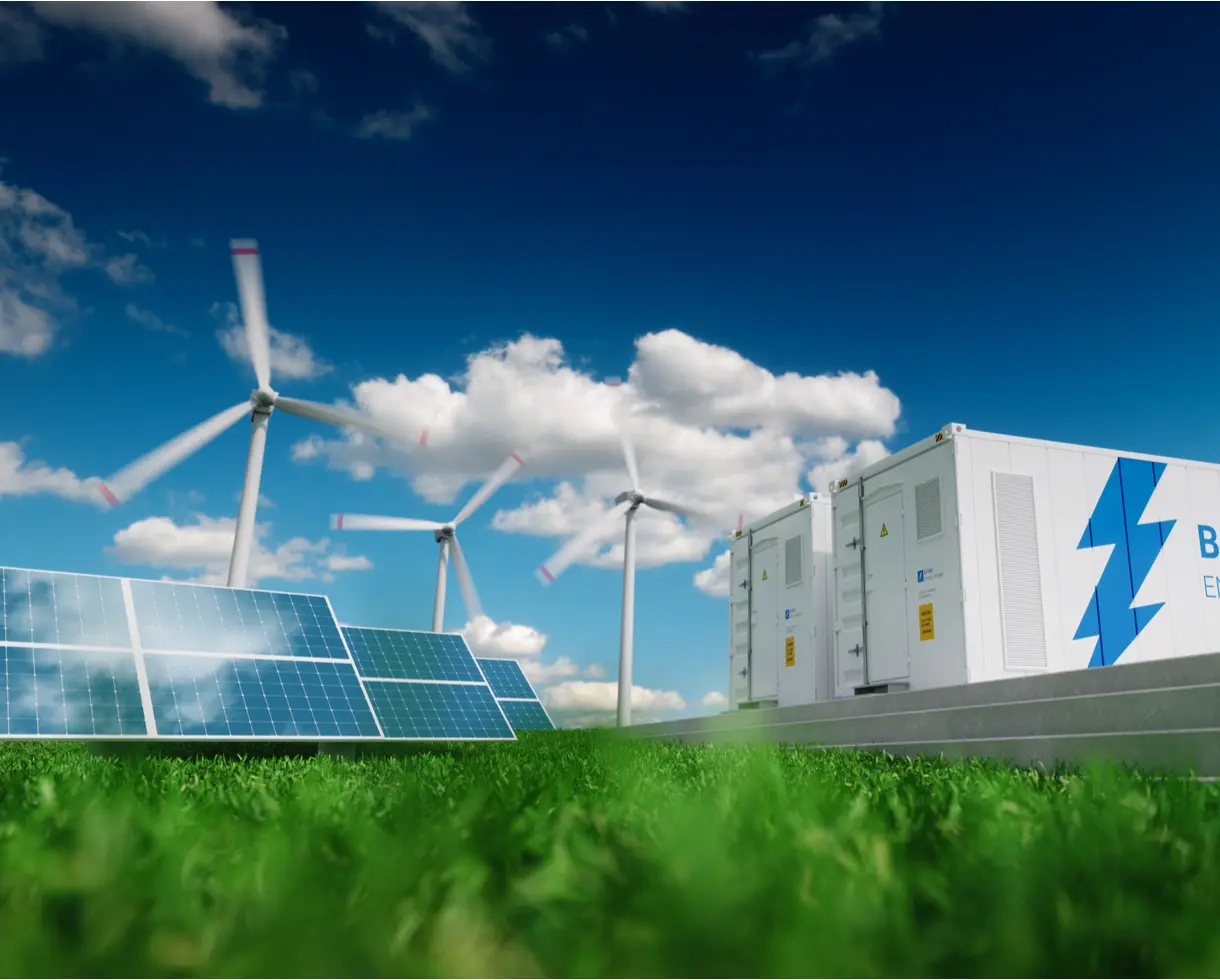As governments around the world begin implementing their exit strategies from the COVID-19 pandemic, industries are looking at how they need to adapt in a post-pandemic world.
For the energy and infrastructure sector, the changes could be significant. On Tuesday 16th June, the UK’s longest period without coal power came to an end 67 days and 22 hours after it began. This marked the first time the country had gone without coal power for two consecutive months since the industrial revolution and far eclipsing the previous record of 18 days set in 2019.
It seems the energy demand of 7m additional Netflix subscribers across Europe doesn’t quite make up for mass offices closures, as the UK’s power demand has fallen by 20% almost overnight. National Grid took this opportunity to shut down the nation’s four remaining coal-fired power stations, only rebooting one of those stations this week for maintenance and testing purposes, before promptly shutting it down again.
The current pandemic did not cause the decline in coal usage on its own, of course. Advances in renewables brought the UK’s reliance on coal down from 40% of all generation in 2010 to 25% in 2016. Nevertheless, COVID-19 is almost certain to expedite coal’s demise, with natural gas power likely to be subject to the same scrutiny, as local communities and politicians clamour for the positive environmental impacts of lockdown to be maintained.
As a result, there is growing pressure to phase out coal before the current 2024 deadline and for the Government to outline its strategy for decreasing the UK’s reliance on gas power, or at least to investigate Carbon Capture and Storage (CCS) as a solution. Don’t be surprised if the Government looks to outline its plans in the forthcoming and long-awaited National Infrastructure Strategy (NIS), as BEIS Clean Energy Minister Kwasi Kwarteng hinted recently.
Regardless of what the Strategy may hold, it is clear that the pandemic has inadvertently furthered the cause of net-zero technologies and will have a range of impacts on electricity generation and supply in the UK.
Offshore wind, a sector in which the UK is truly a world leader, is set to continue as the Crown Estate gears up for future seabed actions, with further development of other technologies such as solar and hydro power also on the horizon. Work on battery storage infrastructure is likely to gather pace too as National Grid seek long-term solutions that prevent grid overload, especially in light of the challenges from additional draw by EVs and as domestic heating moves away from fossil fuels.
Despite increasing confidence in renewables, additional nuclear power plants, including those proposed at Sizewell and Bradwell are likely to be required to provide a reliable baseload.
The ever-increasing number of interconnectors between the UK and other European countries will have a key role to play too in ensuring energy security as well, importing electricity in times of need and exporting in times of excess generation to keep the grid stable.
One thing is clear. This shift in approach will also require sensitive communication to both demonstrate the benefits of these technologies and engage effectively with local communities.
BECG has significant experience supporting the communications around large-scale energy projects – to see how we can help your project get in touch with Jamie Gordon or Tom Beckford.




